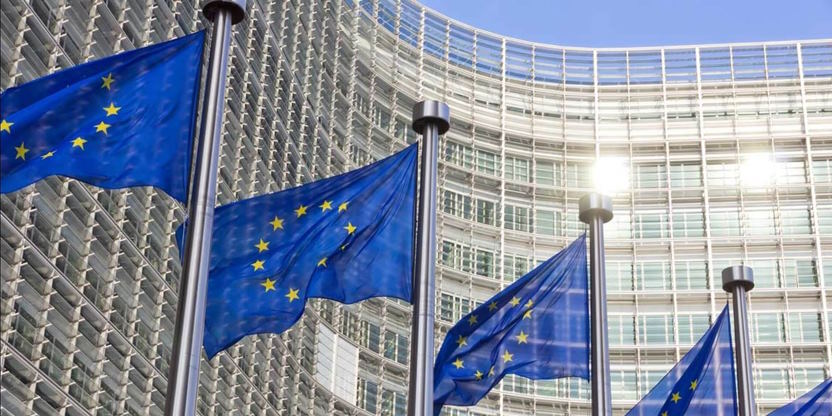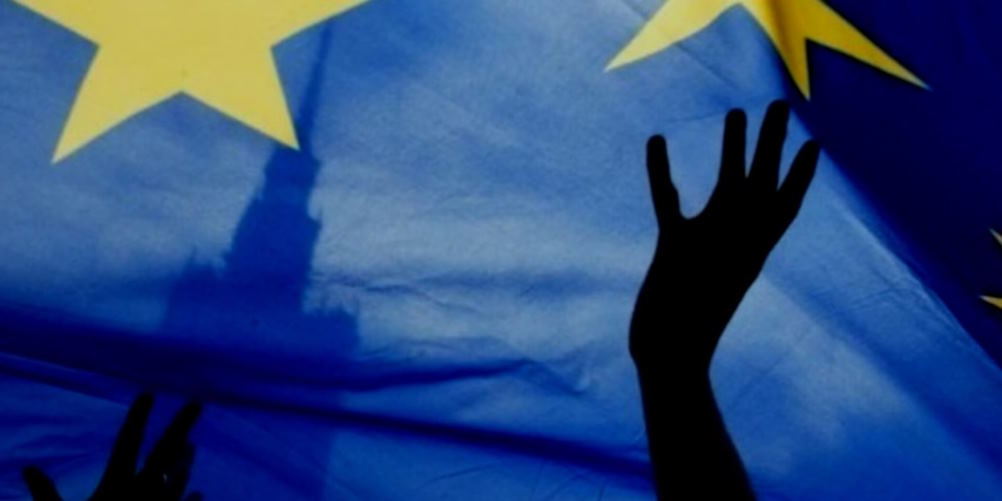The Emergence of the Nation-State System in Europe
The development of modern politics in Europe can be traced back to the emergence of nation-states in the 19th century. This period was marked by the unification of countries such as Italy and Germany, fueled by the principles of nationalism and self-determination. The nation-state system created a strong sense of national identity and sovereignty among European nations, with each country governing itself and its citizens. This laid the foundation for the political landscape in Europe today.
The Post-War Shift Towards Supranationalism
After the devastation of World War II, European leaders recognized the need for a new form of political organization that could promote cooperation and prevent future conflicts. As a result, the European Union was formed as a supranational organization that aimed to bring economic and political integration among its member states. The EU allowed European nations to work together on common issues like economic growth, security, and social welfare.

The Challenges of Supranationalism in the 21st Century
Despite its successes, the EU has faced several challenges in the 21st Century. The economic crises of the early 2000s and the refugee crisis of 2015 tested the EU’s ability to maintain solidarity and cohesion among its member states. Additionally, the rise of nationalist and populist movements in many European countries has led to calls for national sovereignty and skepticism towards supranational institutions.
The Future of Politics in Europe
The future of politics in Europe remains uncertain, but it is clear that the continent will continue to grapple with the tension between national sovereignty and supranationalism. As the EU evolves, it will need to address the concerns of its member states while promoting the common good. Finding ways to balance national interests with European unity will be crucial for the EU’s success in a rapidly changing global environment.
The evolution of European politics from nation-states to supranationalism has been a significant development in the continent’s history. While the EU has faced challenges, it remains a crucial institution for promoting European cooperation and stability. As the political landscape continues to evolve, European leaders must work together to find solutions that promote national interests and European unity.





































